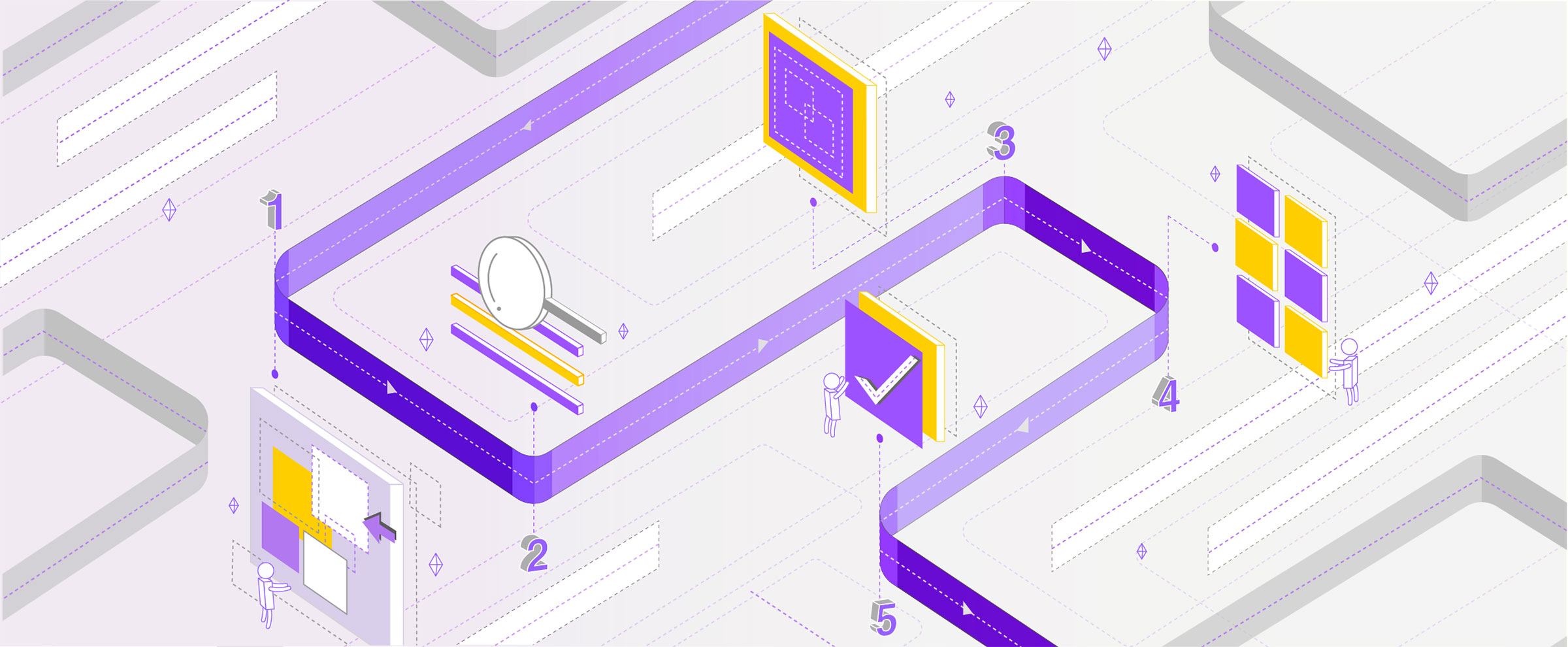Last Updated on January 23, 2023 by Sean Lee
The past three years since the pandemic began have been really hard for all of us, and we all can’t wait for a better time and a fresh new start. Whatever your personal life resolutions are, I hope you include learning in your list.
I have realized the vital importance of continuing learning from my own career experience.
As we all know there is no such thing as a permanent job nowadays. In my 20 plus years working in the IT, I have had quite a few job changes. Not all of them are because of my own “Grass Is Greener” syndrome. There is a couple of times – – and totally without a clue I was asked to stop into the HR office……You all known what’s next: packing my belongs and leave in 30 minutes.
Even though I barely saw them coming then, to a certain degree I have been always prepared for this kind of unpleasant yet inescapable events. At the very beginning of my IT career, I adopted the Craftsman Mindset to strive to get good at my job. I just love learning, and for years keep learning as much as I could about the technologies related to my job, mainly SQL server administration and development, as well as .net programming, etc. I read a lot technical books, I browse and read Websites like mssqltips.com regularly, and I write a lot codes and practice a lot like install and configure SQL server. Gradually I become pretty good at what I am doing, and all my learning efforts paid off.
After the out of the blue job loss, one time I was able to get two job offers in just about two weeks. And another time I went through a three hour long technical interviews with a total of eight persons including DBAs, developers, architecture, manager, director. On the way home I stopped by a grocery store to buy some food. Right in the store I received the call that they have a unanimous decision to offer me the job.
And the good part is I have earned a higher salary for every new job I have had.
This Industry are constantly changing. Continuing education is required for IT pros to stay current with the latest technologies and move career forward.
First, keep learning is the best way to future proof your IT job. Everyone – even those with 3-4 years away from retirement should take stock of her or his career on a regular basis. Most of IT pros during their career have become more or less a specialist and only work on some specific products, or even only certain features of a product, for example, many just work with SSRS part of SQL server technology as a report developer. Human beings are also subject to the law of inertia. A lot of people just feel stuck in the jobs and their skills become stagnant.
As IT changes constantly and rapidly, you have to find time and energy to learn and grow. Learning should include both deepening and widening. Only through systematically and purposefully learning the various aspects and the nuances of the product you work with daily, you can become a real expert of the product. You also need to learn new, different technologies, especially those related to your special fields. For example, if you are a SQL Server developer, have some basic skillset in Azure SQL, Power BI, C# language or even R, Python, and Docker would make you a much more valuable employee.
Being a real expert in what you do in your job will help you stay in your current job as long as possible. Having a variety of current, cutting-edge skills you can put in your resume will give you an edge in an uncertain employment situation.
Second, keep learning is rewarding and satisfying for its own sake. In his book Drive: The Surprising Truth About What Motivates Us, Daniel Pink points out that working can be as natural, satisfactory and enjoyable as playing if we are driven by intrinsic motivation, and Mastery – continually improve at something that we are doing is one key components of intrinsic motivation. We all have experienced the kind of feeling of jubilation when we finally resolved a tough technical issue or wrote some sleek code to get certain result we are looking for. We enjoy a sense of satisfaction and achievement through continuing learning.
A quote attributed to Henry Ford states, “Anyone who stops learning is old, whether at twenty or eighty. Anyone who keeps learning stays young. The greatest thing in life is to keep your mind young.” A number of research studies in recent years have confirmed Henry Ford was onto something and studying has its positive youthful effects. A constant learning keeps us young in mind, body and spirit.
New scientific studies show that we’re capable of neurogenesis, a process wherein we create new neurons in our brain throughout our lifetime. Continuing learning benefits us in a variety of ways: it keeps our mind sharp, improves our memory, increases self-confidence, gives us a feeling of accomplishment. These positive mind effects make us look forward to what each day brings us and can also reap physical benefits by reducing stress, and warding off depression. All the above help us in achieving our specific goal and career advancement.
Third, Getting better requires “deliberate practice”. Psychologist Ericsson coined the term “deliberate practice” to describe the type of purposeful, systematic, focused, consistent, intensive, goal-oriented and timely feedback provided training that top performers across various fields engage in to improve their skills.
It’s human being’s natural tendency to mindlessly repeat the same thing again and again. Too often, we assume we are getting better simply because we have gained experience. But in reality, by just repeating a skill we barely build real expertise. At best we are just maintaining our abilities, but not really improving them.
To become an expert-level talent in any IT fields you need to go beyond your comfort zone and challenge yourself. Go read some books or take some courses in areas you don’t have deep knowledge yet. More importantly, practice what you just read or viewed, write a lot code, and keep going this reading-doing process again and again.
Keep learning requires our input of time, focus and money. Time is such a precious finite resource we all wish we have more. How we allocate time signifies our value. To have time to learn in order to really get good at what we do we have to make some hard choices, such as cutting some other activities like watching TV or play video game or binge clicking/tapping/scrolling smart phone.
We also need to take care of our body including sleep enough, eat well and exercise regularly to be energetic and fully engaged in our learning and practice.
If you work as an IT pro, especially in the U.S., I assume you have a decent income. As a result, you money is plentiful relative to time. Often money can buy or save you time and focus. So don’t be stingy about spending money for your continuing learning. Over the years I have paid at least several thousand dollars just for the various Microdot exam fees as not every company would fork over the cost. But looking back I am glad I did that. I treat the money spend as an investment in my self-improvement and that investment have paid me back handsomely from personal, professional AND financial perspective.





